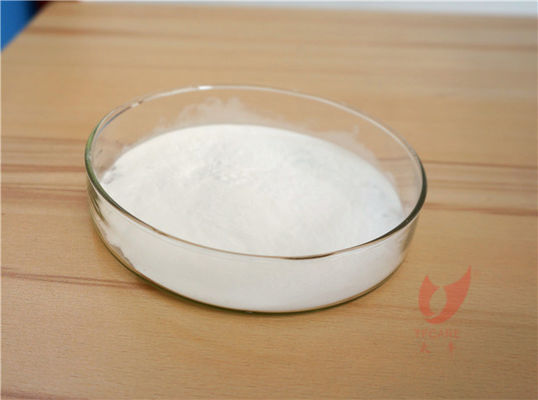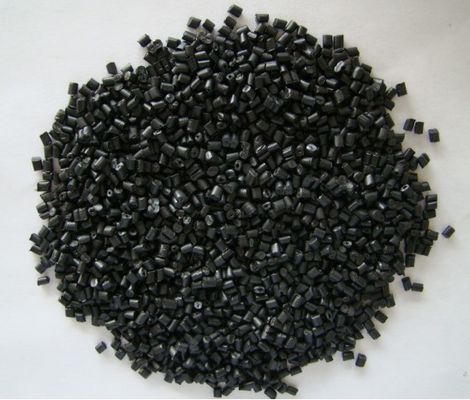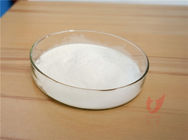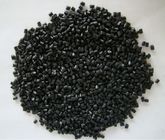-
Ammonium Polyphosphate Flame Retardant
-
Intumescent Flame Retardant
-
Halogen Free Flame Retardant
-
Fabric Flame Retardant
-
APP Ammonium Polyphosphate
-
Wood Flame Retardant
-
PP Flame Retardant
-
Additives For Adhesives And Sealants
-
Water Based Fire Retardant
-
Paper Fire Retardant
-
PU Flame Retardant
-
Halogen Free Fire Retardants
-
AP422 CROS484 Equal Type
TF-241 Low Density Halogen Free APP PP Flame Retardant

Contact me for free samples and coupons.
Whatsapp:0086 18588475571
Wechat: 0086 18588475571
Skype: sales10@aixton.com
If you have any concern, we provide 24-hour online help.
x| P | 22-23% | N | 18-19% |
|---|---|---|---|
| Application | PP | Halogen | Free |
| Smoke | Low | Decomposition Temperature | >260℃ |
| Type | Intumescent | ||
| Highlight | APP PP Flame Retardant,TF-241 Low Density APP,TF-241 PP Flame Retardant |
||
Halogen-Free Intumescent System Flame Retardant Based APP For Polypropylene Injection Moulding Application
Introduction of product
TF-241 mainly contains P and N, is a kind of halogen free environmentally friendly flame retardant for polyolefin. It has been developed especially for various PP. Containing acid source, gas source and carbon source, TF-241 takes effect by char formation and intumescent mechanism. PP with 22% TF-241 can pass the tests of UL94 V-0(3.0mm) and GWIT 960℃.
Features
1. White powder, good water resistance.
2. Low density, low smoke generation.
3. Halogen-free and none heavy metal ions.
Processing
Mixing and processing methods commonly used in polymer powder processing can be used with TF-241.
The optimum mixing conditions for mixing the product shall be determined separately in each case. Care should be taken to ensure a good and uniform distribution of all components. Single screw extruders and double screw extruders are suitable for the synthesis of the product. During processing, the melt temperature shall not exceed 250℃.
In this case, the local peak temperature must be considered. Exceeding the maximum processing temperature results in the formation of decomposition products whose emissions may exceed the legal threshold. Further information about viable decomposition products is provided in the material safety data sheet. In order to prevent degradation effects by introducing shear energy, machines with less shear-intensive designs have been shown to be an advantage. When a water bath is used for pellet making, it is recommended to limit the addition amount of TF-241 below 40% (w/w) to reduce the entrainments of polymer bundle on water. It has been found that as the amount of additive (parent material production) increases, the water is enveloped by the extracted flame retardants and a large amount of water is carried away. In general, it is recommended -- even when low flame retardants are added -- to keep the water bath channel as short as possible to allow optimal evaporation of any water carried. In some cases, depending on production conditions, it may be necessary to dry the obtained particles.
![]()








